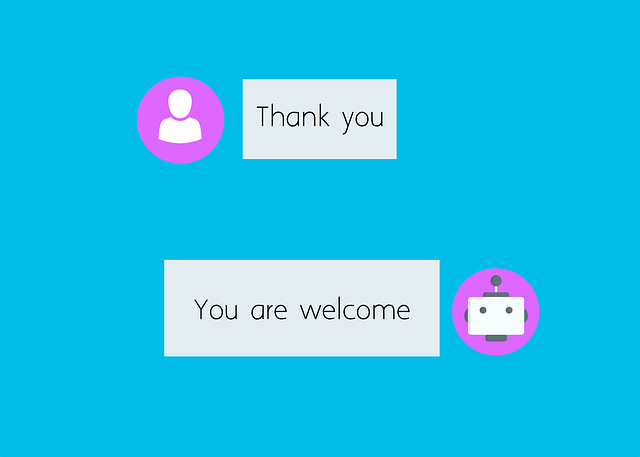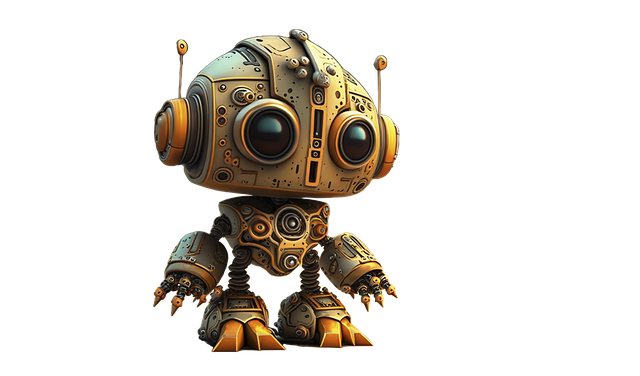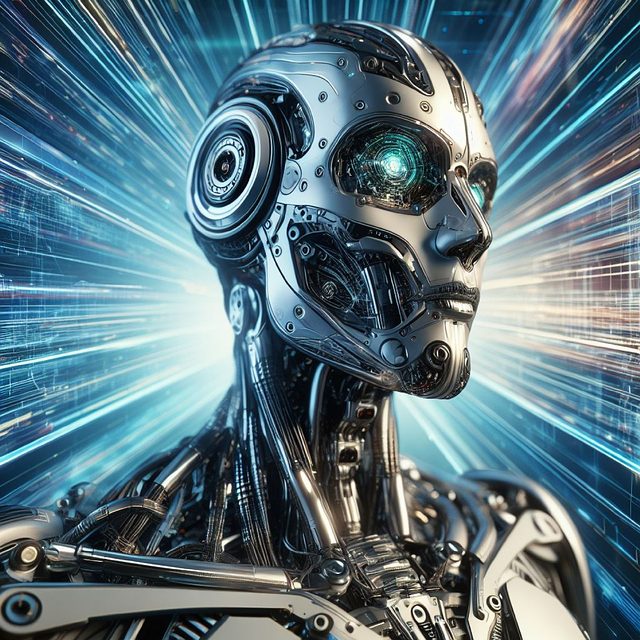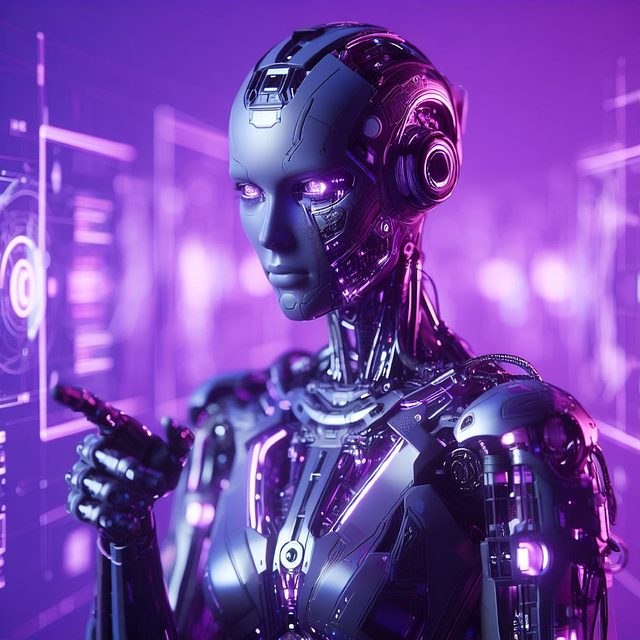Adaptive AI, powered by advanced natural language processing (NLP) and machine learning, transforms customer interactions by enabling AI chatbots and assistants to dynamically adjust to individual user needs. These intelligent systems learn from every interaction, evolving to provide personalized experiences that enhance satisfaction and efficiency. By anticipating user needs based on unique communication styles, tones, and emotional cues, AI chatbots and assistants streamline tasks, offer tailored product suggestions, and foster a stronger sense of connection and loyalty across various sectors, including customer service and healthcare. Despite challenges in understanding human language nuances, ongoing advancements promise more intuitive AI assistants that proactively fulfill user needs, revolutionizing customer satisfaction.
Adaptive AI systems are transforming user experiences by tailoring interactions to individual needs. This article delves into the core concept of adaptive AI, exploring how AI chatbots and assistants learn and adapt based on user inputs. We discuss the benefits of personalized AI in customer service, from enhanced satisfaction to improved efficiency. Furthermore, we examine challenges and future prospects, highlighting the potential for revolutionary changes in how AI customer service interacts with users.
- Understanding Adaptive AI: The Core Concept
- How AI Chatbots and Assistants Tailor to User Needs
- Benefits of Personalized AI in Customer Service
- Challenges and Future Prospects of Adaptive AI Systems
Understanding Adaptive AI: The Core Concept

Adaptive AI refers to the ability of intelligent systems, often in the form of AI chatbots or assistants, to adjust and respond dynamically to individual user needs and preferences. These advanced AI customer service tools go beyond basic programming by continuously learning from interactions, allowing them to evolve and provide personalized experiences.
The core concept behind adaptive AI is to create a flexible and intuitive connection between users and technology. An AI assistant, for instance, can recognize a user’s unique communication style, tone of voice, or even emotional cues over time. This enables the system to tailor responses, making conversations more natural and efficient. By understanding user preferences and behaviors, these AI tools can anticipate needs, offer relevant solutions, and enhance overall customer satisfaction.
How AI Chatbots and Assistants Tailor to User Needs

AI Chatbots and Assistants have revolutionized the way users interact with technology by offering highly personalized experiences. These intelligent systems utilize advanced natural language processing (NLP) algorithms to understand user queries, preferences, and context. By learning from each interaction, AI chatbots can adapt their responses and recommendations to match individual needs. For instance, an AI customer service chatbot can remember a user’s previous purchases, tailoring product suggestions accordingly. This level of customization enhances user satisfaction, making interactions more efficient and relevant.
Furthermore, these assistants can anticipate user requirements based on patterns and historical data. Whether it’s scheduling appointments, providing personalized news updates, or offering tailored travel recommendations, AI assistants streamline tasks by delivering timely and contextually appropriate information. The ability to adapt to user needs ensures that AI chatbots and assistants remain valuable tools across various sectors, from customer service to healthcare and beyond.
Benefits of Personalized AI in Customer Service

Personalized AI in customer service offers significant advantages for both businesses and their clients. Adaptive AI systems, such as AI chatbots and assistants, can provide a tailored experience that caters to individual user needs. By leveraging machine learning algorithms, these AI solutions can analyze vast amounts of customer data to understand preferences, behaviors, and pain points, enabling them to deliver highly relevant and context-aware responses.
This level of personalization enhances customer satisfaction by creating an interactive and intuitive support environment. AI assistants can remember user history, offer proactive suggestions, and provide quick resolutions to common issues, thereby saving time for both customers and support staff. Moreover, personalized interactions foster a stronger sense of connection and loyalty, positioning AI as a valuable asset in modern customer service operations.
Challenges and Future Prospects of Adaptive AI Systems

Adaptive AI systems, particularly AI chatbots and assistants in customer service, face several challenges on their path to perfection. One major hurdle is understanding the nuances of human language and context, which can be complex due to varying user inputs and individual expressions. Accurately interpreting intent and providing relevant responses remain critical areas for improvement.
Looking ahead, the future of adaptive AI holds immense promise. Advancements in natural language processing (NLP) and machine learning will enable these systems to learn from interactions, adapt to new scenarios, and offer personalized experiences. As technology evolves, we can expect AI assistants to become more intuitive, anticipating user needs and proactively delivering solutions, thereby enhancing customer satisfaction across various industries.
